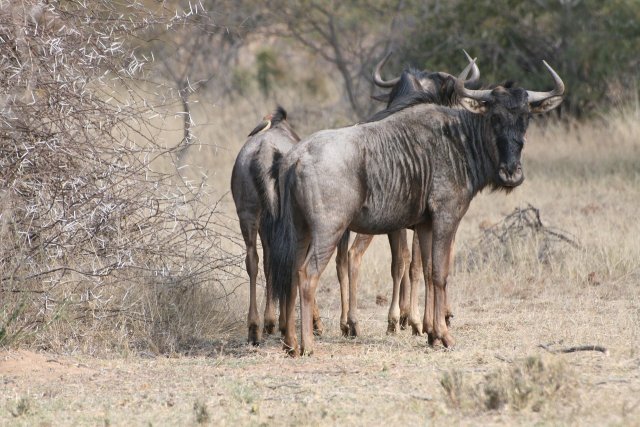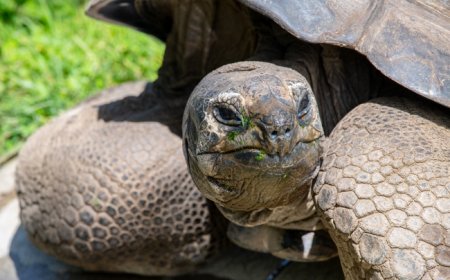Migration: How and Why Animals Travel Long Distances
Learn about migration—why animals travel across the world. Discover examples and how migration helps animals survive.

🕊️ Migration: Animals on the Move
🎯 Introduction
Migration is when animals travel long distances from one place to another. They often migrate to find food, have babies, or stay warm. Some animals travel thousands of miles every year!
🦋 Why Animals Migrate
Animals migrate to:
- Find better food sources.
- Escape cold weather.
- Lay eggs or raise babies in safe places.
Migration happens in many different species—birds, fish, mammals, and insects.
🧬 Classification and Scientific Background
Classification:
- Behavior: Seasonal movement.
- Trigger: Changes in weather, daylight, or food.
Scientific Details:
- Animals use the sun, stars, Earth’s magnetic field, and landmarks to navigate.
- Migration requires a lot of energy and preparation.
🦅 Examples of Migrating Animals
- Monarch Butterfly: Travels up to 3,000 miles to Mexico.
- Arctic Tern: Flies from the Arctic to Antarctica.
- Wildebeest: Migrate across Africa’s plains.
- Salmon: Swim upstream to lay eggs.
- Caribou: Travel hundreds of miles to new grazing grounds.
💪 Why Migration Is Important
- Keeps animal populations healthy.
- Helps plants spread seeds.
- Connects ecosystems across continents.
🌟 Interesting Facts
- The Arctic Tern’s migration is the longest in the animal kingdom.
- Some whales migrate over 10,000 miles a year.
- Salmon can jump waterfalls during their migration.
🧠 Kid-Friendly Summary
Migration means traveling long distances to find food or have babies. Animals like birds and whales migrate every year. It helps them survive and keeps nature balanced.
✨ Key Takeaways
- Migration is seasonal movement.
- Animals migrate for food and safety.
- The Arctic Tern flies from pole to pole.
- Migration connects ecosystems.
📖 Vocabulary Words
| Word | Definition |
|---|---|
| Migration | Moving from one place to another seasonally |
| Navigate | Find your way |
| Ecosystem | Community of living things and their environment |
| Grazing | Eating grass |
| Breeding Grounds | Safe place to lay eggs or have babies |
| Landmark | Object used to find direction |
| Herd | Large group of animals |
| Route | The path animals follow |



















































